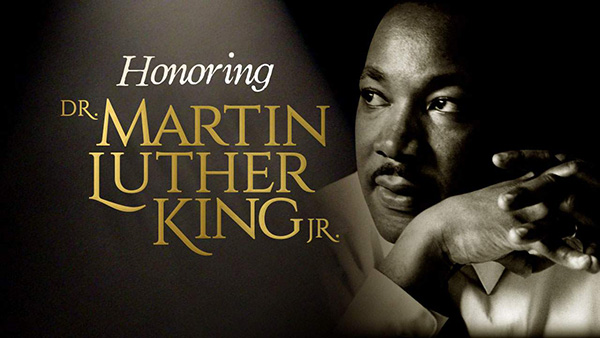The 1968 assassination of Martin Luther King Jr. changed Atlanta and the nation forever. This exclusive, interactive story – which includes never-released interviews with some of King’s closest associates – captures the events surrounding that April day. It represents the combined reporting efforts of The Atlanta Journal-Constitution, Channel 2 Action News and WSB Radio.
In considering the life of Martin Luther King Jr., everyone talks about April 4, but nobody talks about April 4.
Two days, actually. One year apart.
April 4, 1968, when a bullet took him down.
April 4, 1967, when he made one of his most controversial speeches.
The 365 days between would be the most trying of King’s life. The path from Selma to Montgomery had been clear and unambiguous. But the road ahead was fraught and painful. His movement was splintering. New voices mocked his creed of nonviolence. He couldn’t sleep and was suffering from depression and exhaustion.
In that 1967 speech he departed from the core mission of the civil rights movement and set himself on the path toward a more radical global perspective: he would also speak out against the war and the crippling poverty he saw across the nation.
Those 365 days would lead him to Memphis.
April 4, 1967: Manhattan
By the time Martin Luther King Jr. stepped to the pulpit of the massive Riverside Church in New York City — a Gothic masterpiece financed by John David Rockefeller Jr. — he had already won the 1964 Nobel Peace Prize for his work as the face and spiritual embodiment of the Civil Rights Movement. But his popularity was waning as younger, more militant black leaders challenged him for power.
None of that mattered that Tuesday night in Morningside Heights. He had made it clear — having enlisted Spelman College history professor Vincent Harding, to help pen his speech — that he was going to use the pulpit to denounce the Vietnam War, which was not only taking a toll on the Vietnamese, but also poor American blacks who were being drafted and dying at disproportionate rates. This was 1967, not 1972. Anti-war fervor had not yet reached its peak.
Observers and followers of King said the speech, “Beyond Vietnam: A Time to Break Silence,” liberated him and removed any constraints of political correctness, political allegiance or even popular opinion.
“I come to this magnificent house of worship tonight because my conscience leaves me no other choice,” he told the 3,000 gathered.
For 22 minutes King talked about his ministerial obligations to expand his narrow American perspective into a global one and the three evils of racism, poverty and war.
He challenged President Lyndon B. Johnson — an ally who had pushed through the Civil Rights Act and Voting Rights Act — to get out of a war that was “rooted in capitalism” and devote more resources and attention to the homefront. He even called for men to declare themselves conscientious objectors.
The Riverside crowd gave King a standing ovation and he was was initially pleased with the speech, satisfied that he had finally spoken out loudly against the war. But as his aides predicted, the speech was a political disaster. The war hawks in Washington hated it, just as much as the doves in the SCLC.
A. Philip Randolph and Bayard Rustin refused to talk about it in the press. Roy Wilkins and Whitney Young distanced themselves from him. Black media that had chronicled his every step since the Montgomery Bus Boycott a decade earlier railed against him, leading The Washington Post to write that “King has done a grave injury to those who are his natural allies…and… an even graver injury to himself.”
King argued that while the speech might have been politically unwise, he was “morally wise.” He absorbed the criticism quietly, but vowed to move. He had no choice.
“I knew that I could never again raise my voice against the violence of the oppressed in the ghettos without having first spoken clearly to the greatest purveyor of violence in the world today: my own government,” King said at Riverside. “For the sake of those boys, for the sake of this government, for the sake of the hundreds of thousands trembling under our violence, I cannot be silent.”
Read more by Earnie Suggs at https://honoringmlk.com/


